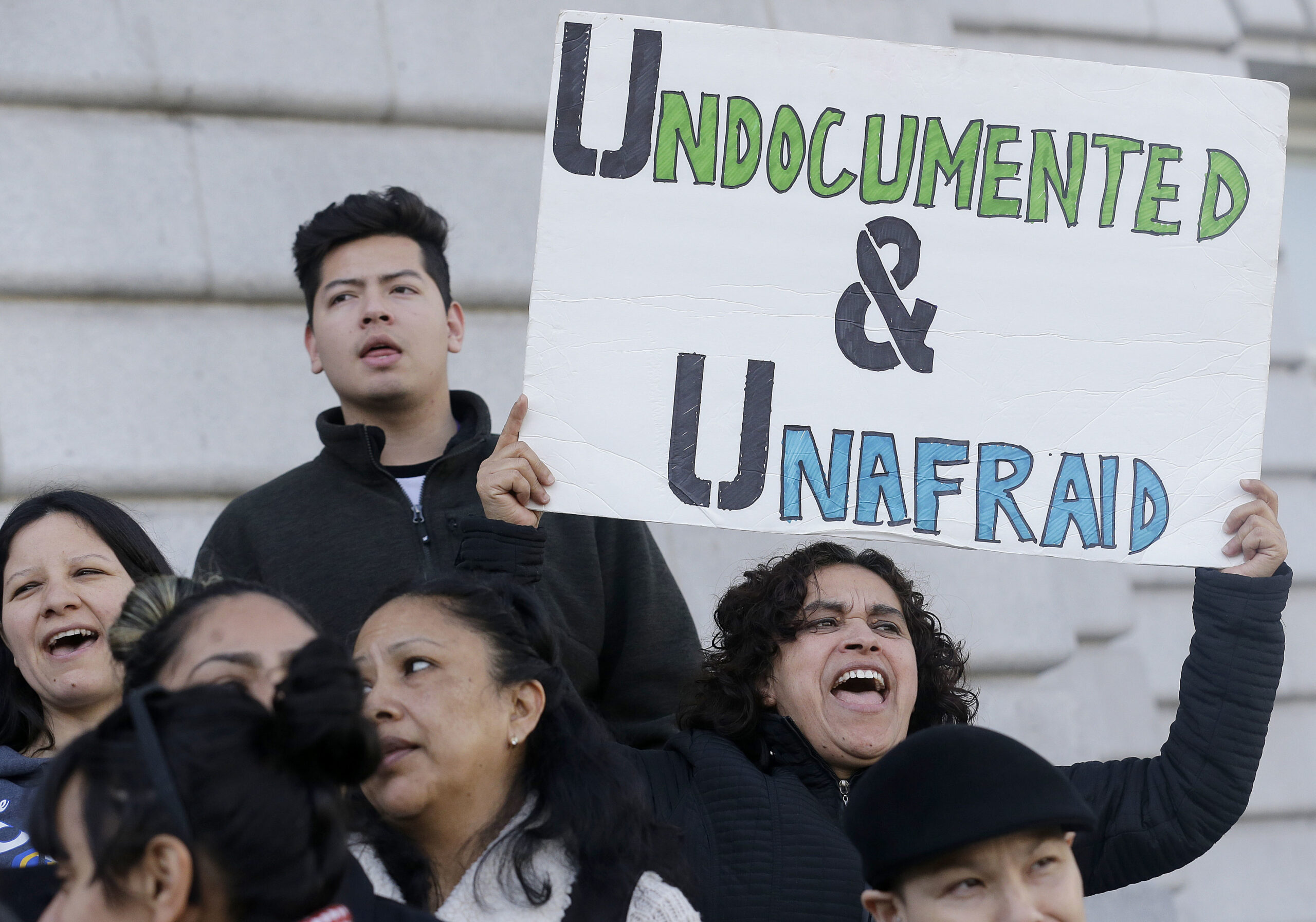When President Donald Trump announced his plan to cut legal immigration to the United States in half by limiting citizens’ and residents’ ability to bring in family members, he justified it using the following argument:
This legislation will not only restore our competitive edge in the 21st century, but it will restore the sacred bonds of trust between America and its citizens. This legislation demonstrates our compassion for struggling American families who deserve an immigration system that puts their needs first and that puts America first.
As a series of interviews by The New York Times revealed, however, many economists — including the one whose work is the sole evidence cited by Trump for his proposal — disagree with the notion that stopping immigration will help create jobs.
The Harvard immigration economist George J. Borjas, whose work has been used by the president to justify his policies, told The New York Times that “that is a political decision. That is not an economic decision.”
Although Borjas deviates from the majority view that legal immigration helps the economy — he instead feels that the immigrants themselves mainly benefit from pro-immigration policies — he nevertheless insists that the underlying question is, “Do you want to live in a country that only cares about money, or do you want to live in a country that has a legacy of being generous to immigrants? Maybe you want a compromise.”
His perception was echoed by University of California, Davis, economist Giovanni Peri, who told the Times that “the average American worker is more likely to lose than to gain from immigration restrictions.”
He later added that people’s perception of immigration is “outdated” and that “it’s mostly Asian, Indian, Chinese people who are coming to do mid- and high-level professional jobs.”


